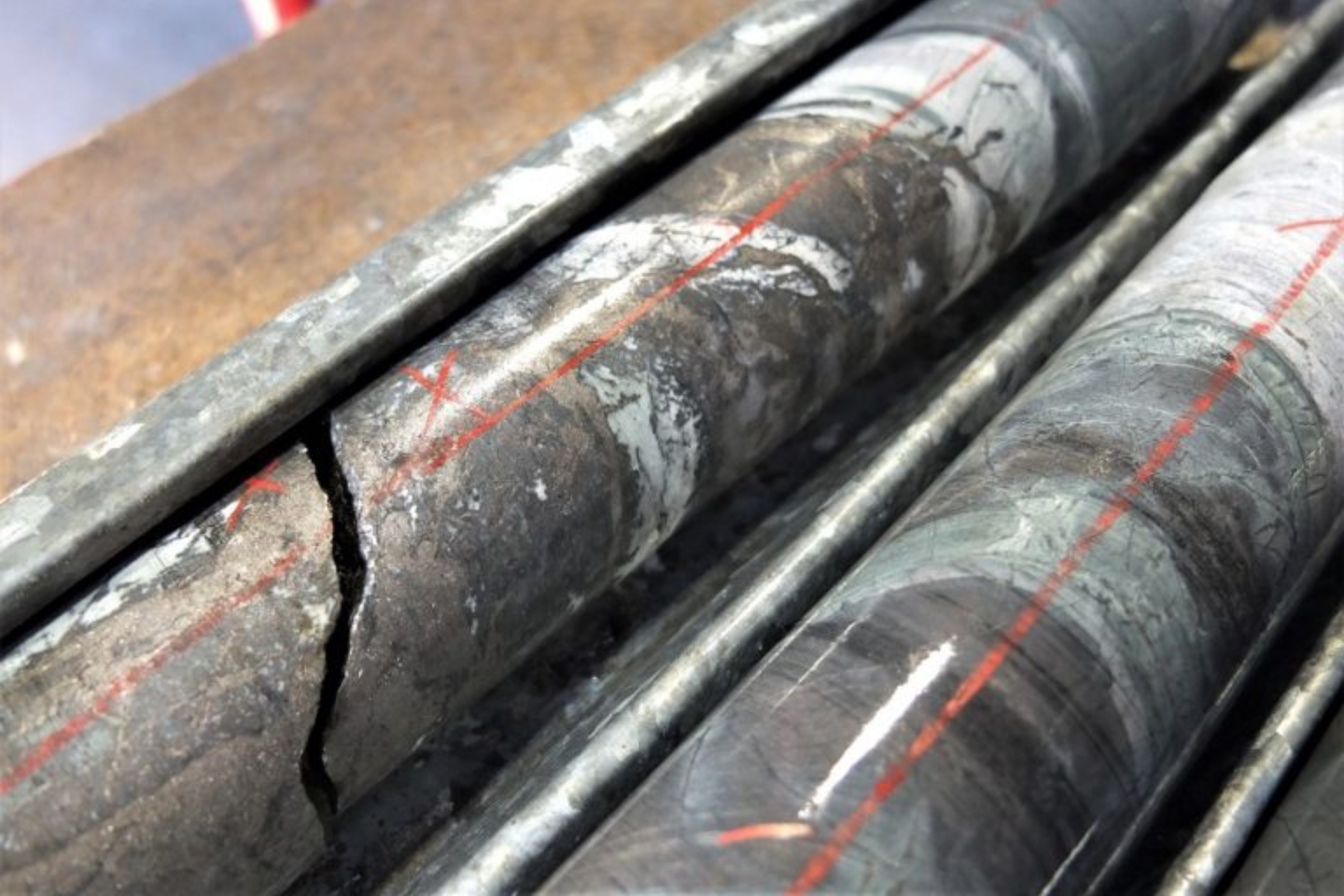Venture Minerals has engaged Curtin University to start stage-two metallurgical testwork on its tin-rich Mount Lindsay borates. The testing follows the CSIRO’s stage-one investigation into the extraction of tin, boron and iron from tin-iron borates, conducted in a bid to enhance tin recovery and produce a high-value boron byproduct to add another revenue stream to the project.


Venture Minerals has engaged Curtin University to start stage-two metallurgical testwork on its tin-rich Mount Lindsay borates.
The testing follows the CSIRO’s stage-one investigation into the extraction of tin, boron and iron from tin-iron borates, conducted in a bid to enhance tin recovery and produce a high-value boron byproduct to add another revenue stream to the project.
Venture believes the inclusion of tin-rich borates in its current underground feasibility studies could demonstrate a new and major economic benefit through the recovery of boron and additional tin and iron.
Borates are inorganic salts that contain boron. Although boron is an essential element, it does not exist by itself in nature due to its reactivity. But it combines with other elements to form boron compounds such as tin borate and more than 230 different borate minerals are found in nature.
Venture says its recent study work identified the potential for additional, large-scale quantities of tin and boron throughout the greater Mount Lindsay system, where mineralising elements are defined as being of skarn-style. It says they are analogous to the well-known large skarn deposits in Russia and China that contain the same range of borates that exist at Mount Lindsay.
The Mount Lindsay tin-borate zones have not previously been assessed in any mining studies at the project. The minerals contain a large amount of boron and occur not only within the current Mount Lindsay resource base, but also extensively throughout the many skarns surrounding the company’s current tin-tungsten deposits.
Assay results from the Mt Lindsay main skarn zone include 20m at 0.86 per cent boron, 0.12 per cent tin, 22.8 per cent iron and 0.04 per cent tungsten from 324m, 28 metres at 1.06 per cent boron, 0.28 per cent tin, 28 per cent iron and 0.08 per cent tungsten from 138 metres and 24m at 0.88 per cent boron, 0.31 per cent tin, 24.7 per cent iron and 0.24 per cent tungsten from 123 metres. There was also 96m at 0.73 per cent boron, 0.09 per cent tin, 20.8 per cent iron and 0.27 per cent tungsten from 207m.
Venture Minerals managing director Andrew Radonjic said: “Venture looks forward to working with Curtin University as it looks to unlock the potential the of tin-rich borates at Mount Lindsay possess. Curtin is well positioned in this space as leader of the Resources Technology and Critical Minerals Trailblazer hub which is part of the recently announced Federal Government’s Trailblazer Universities Program. Curtin will continue from where CSIRO’s good work finished off and will look to develop a processing flowsheet in the coming months for recovering tin, boron, and iron from the tailings circuit.”
The CSIRO study confirmed that both China and Russia extract large volumes of boron and iron commercially from deposit types similar to Mount Lindsay. Initial testwork on the Mount Lindsay borate compounds also indicated the possible commercial recovery of tin and boron.
Boron, as it relates to boron compounds, has now been included in the European Commission’s Critical Raw Materials Act and is considered vital to the green-energy global decarbonisation transition. In addition to the significance of boron in solar panel manufacture, up to 50kg of boron-related materials is required in the construction of electric vehicles.
It is also on Japan’s critical minerals list and importantly, is not produced in Australia, which instead relies on supply from major producers such as Turkey, despite the risks of disruption and political instability.
More than 80 per cent of the world’s boron is produced by two companies – Rio Tinto at its boron mining operations in California since 1927 and Eti Maden AS, a State-owned enterprise of Turkey that produces more than 50 percent of the total global boron supply.
If Venture’s metallurgical testwork can demonstrate that extraction of its borate-hosted metals – in addition to its boron salts – is economically feasible, the process could be a game-changer for the Mount Lindsay project.
Is your ASX-listed company doing something interesting? Contact: matt.birney@businessnews.com.au













